
News writer; Opinion columnist
Residents of Pennsylvania love two things more than anything else: The Pittsburgh Steelers and the lottery.
In fiscal year 2023-24, players in the Keystone State spent $4.7 billion on traditional lottery and scratch-off games and another $1 billion on online lottery games. While the lottery has only been legal since 1971, the state's history with the lottery stretches back to colonial times.
When Congress banned games of chance in the 1890s, Pennsylvania residents turned to bookies, gambling halls, and numbers runners to buy their tickets and take a chance at winning a jackpot.
These are the stories of the leaders and legends who made and lost fortunes running Pennsylvania's illegal lotteries.
The numbers
Lotteries are as deeply intertwined with Pennsylvania's history and culture as steel mills and the Liberty Bell. The state's first lotteries date back to the colonial era, when the government used them to raise money for civic improvements such as new roads and bridges.
Founding Father Benjamin Franklin was a major proponent of using lotteries as an alternative to taxes because they were voluntary.
Lotteries were extremely popular in the state, and when Congress banned them for the entire country in the nineteenth century, players simply turned to underground lottery parlors that sponsored illicit games. While this gave people an outlet to play, the games could be easily manipulated, and players were frequently cheated out of their winnings.
The numbers racket changed all of that. Initially created in Harlem, it quickly spread throughout the country and became the most popular form of lottery in the United States.
The game's simplest version involved picking three numbers between 000 and 999. The odds of winning were 1 in 1,000, and winning numbers paid out at 1 in 600. The game's major innovation was that instead of pulling numbers out of a drum or a wire basket, the winning number was selected from a source that couldn't be fixed, like the last three digits of the total volume traded on the New York Stock Exchange that day.
Gus and Woogie
The numbers racket spread like wildfire nationwide, but it was particularly popular in Pennsylvania. The game was centered around Pittsburgh's Hill District, one of the country's most diverse areas. The area was populated by a diverse mix of Italian, Jewish, and Eastern European Immigrants, along with Black Americans, who were all drawn to the city's booming factories and steel mills.
Several groups quickly sprang up to take control of the numbers game, but one of the most prominent was led by William Greenlee and William Harris, aka Gus and Woogie.
Born in North Carolina, Gus Greenlee was a World War 1 veteran who first entered the criminal underworld as a bootlegger during Prohibition. Woogie Harris was a Pennsylvania native whose family owned several businesses that provided entertainment to the city's black population.
In the 1920s, Harris purchased the Crystal Palace barber shop and used it as a front to run his numbers operation, while Greenlee worked in his operation at the Paramount Club music venue on the same street. Eventually, the two partnered up and became two of the most prominent numbers runners in the entire city.
805
August 5, 1930, was one of the most notorious days in Pittsburgh's organized crime history, and it had a major impact on the careers of Gus and Woogie.
The organizations that financially back the numbers game are known as banks. The banks are responsible for collecting players' money, keeping track of numbers, and paying out the winners. If too many players picked a winning number, and the bank didn't have enough cash to payout, this was known as 'breaking the bank.'
On a hot summer day in August, the Pittsburgh banks didn't just break; they shattered. That was because the day's winning number was 805, corresponding to the day's date, August 5. The number saw heavy action, heavier than what most banks could afford to pay.
Several of the gangsters running numbers either went broke or fled the city so they didn't have to face the thousands of winners looking for their money. However, Gus and Woogie didn't run. Even though they faced the same heavy losses as every other bank, they honored every single bet they took and paid all of their winners in full.
While this seriously damaged their bankroll, it also earned them the loyalty of nearly every numbers player in town because they knew that Gus and Woogie would stand behind their bets no matter what. Suddenly, the pair was the biggest bank in town, and they enjoyed so much success that they could reinvest their earnings into legitimate businesses, including the LaTrobe Brewing Company, which still operates today.
Gus was a major baseball fan, and he purchased the Pittsburgh Crawfords, which went on to become one of the most successful teams in the Negro Leagues. The team featured several future Hall of Famers, including Satchel Paige, Cool Papa Bell, and Josh Gibson.
In addition to owning the team, Gus was the first black man to build and own a ballpark for a professional baseball team. Gus and Woogie's reign as successful numbers kings ended in 1952 when Gus died of a stroke in his home.
Mr Rooney
Art Rooney is widely considered one of the most successful businesspeople in American history. In 1933, he paid $2,500 to purchase the Pirates football team that would eventually become the NFL's Pittsburgh Steelers. Today, Forbes estimates that the team is worth $5.3 billion.
However, according to documents released by the FBI, Rooney made a fortune in another prominent industry: illegal gambling. Rooney allegedly ran his own numbers game on the city's north side starting in the 1920s. He even struck a deal with Gus and Woogie to divide up their numbers-running territories.
Rooney loved to gamble, and in addition to his numbers racket operations, he controlled an illegal casino and nightclub called The Showboat, located on an old paddleboat docked on the Allegheny River.
He was also prominent in the state's illegal slot machine rackets and owned his own slot machine company, Penn Mint Service.
Rooney stepped back from his illegal gambling and numbers operations in the late 1940s after he was warned by his friend and Pittsburgh Mayor David Lawrence that he was going to face increasing legal pressure and police raids on his businesses.
In 1951, Congress passed the Johnson Act, which made it a federal offense to use the interstate to transport slot machines. In response, Rooney shut down Penn Mint and turned his attention to running the Steelers and several legal horse racing tracks he owned.
In the 1960s, as his role in the NFL grew and his team became more prominent, Rooney stepped back from illegal activities. While he remained a gambler, he was no longer involved in the numbers racket.
Mr Grosso
As Rooney returned to the Gridiron, a new power emerged from the Hill District to take control of the state's numbers rackets. Anthony 'Tony' Grosso started life as a small-time hood, but he had a head for numbers and quickly climbed the ranks of the LaRocca crime family, Pittsburgh's most powerful mafia group.
Grosso controlled several of the smaller numbers operators until he was the acknowledged numbers king of Western Pennsylvania. By the late 1960s, his gambling empire employed over 5,000 people and collected $30 million a year.
However, numerous criminal convictions for tax evasion and illegal gambling in the 1970s and 80s landed him in prison and dismantled his business.
Legalize it
By the 1970s, state authorities estimated that illegal lotteries grossed over $300 million annually, and Pennsylvania lawmakers decided it was time to take control of the state's massive lottery operations.
In 1972, the state authorized its first legal lottery game, a weekly draw game with tickets costing fifty cents. The top prize was $50,000. Sales for the first game exceeded all expectations when state residents purchased nine million tickets for the drawing.
Freda Wexler, a stay-at-home mom from Oxford Circle, Pennsylvania, won the state's first legal prize.
The Daily Number scandal
While legalizing the lottery was intended to drive out the criminal element, the Daily Number scandal proved that wherever there's a jackpot to be had, criminals will try to steal it.
In 1980, one of the most popular TV shows in the state was The Daily Number, which featured a drawing for a daily Pennsylvania Lottery game. Local media personality Nick Perry hosted the show and called out the winning numbers, which were selected by a special machine that used blowing air to push numbered ping-pong balls through a funnel at the top.
However, Perry wasn't satisfied with just calling out the numbers; he wanted to win the top prize. Working with accomplices, Perry concocted the brilliant scheme of buying an identical set of ping pong balls and injecting all of the numbers, except for 6 and 4, with a small amount of white latex paint.
The paint made the balls heavier so they wouldn't rise to the top of the selection machine. He then had his friends buy up every combination of 6 and 4. On April 24, 1980, Perry put his plan into action. He turned on the machine, and ominously enough, the machine selected the numbers 6-6-6.
At first, the plan was a huge success. Perry and his group won $1.18 million, worth $4 million today. However, one of Perry's conspirators was overheard discussing the plan over the payphone at a bar, and eventually, state investigators unraveled the entire conspiracy.
State police arrested everyone involved with the plan, including Perry. He was tried and convicted of criminal mischief, criminal conspiracy, theft by deception, perjury, and rigging a publicly exhibited contest and sentenced to seven years in prison. However, Perry only served two years of his sentence before being released to a halfway house.
He improbably tried to resume his broadcasting career after completing his sentence, but he could not find work in front of the camera ever again, and he passed away in Massachusetts in 2003.
The movie Lucky Numbers, starring John Travolta and Lisa Kudrow, is loosely based on the The Daily Number scandal.
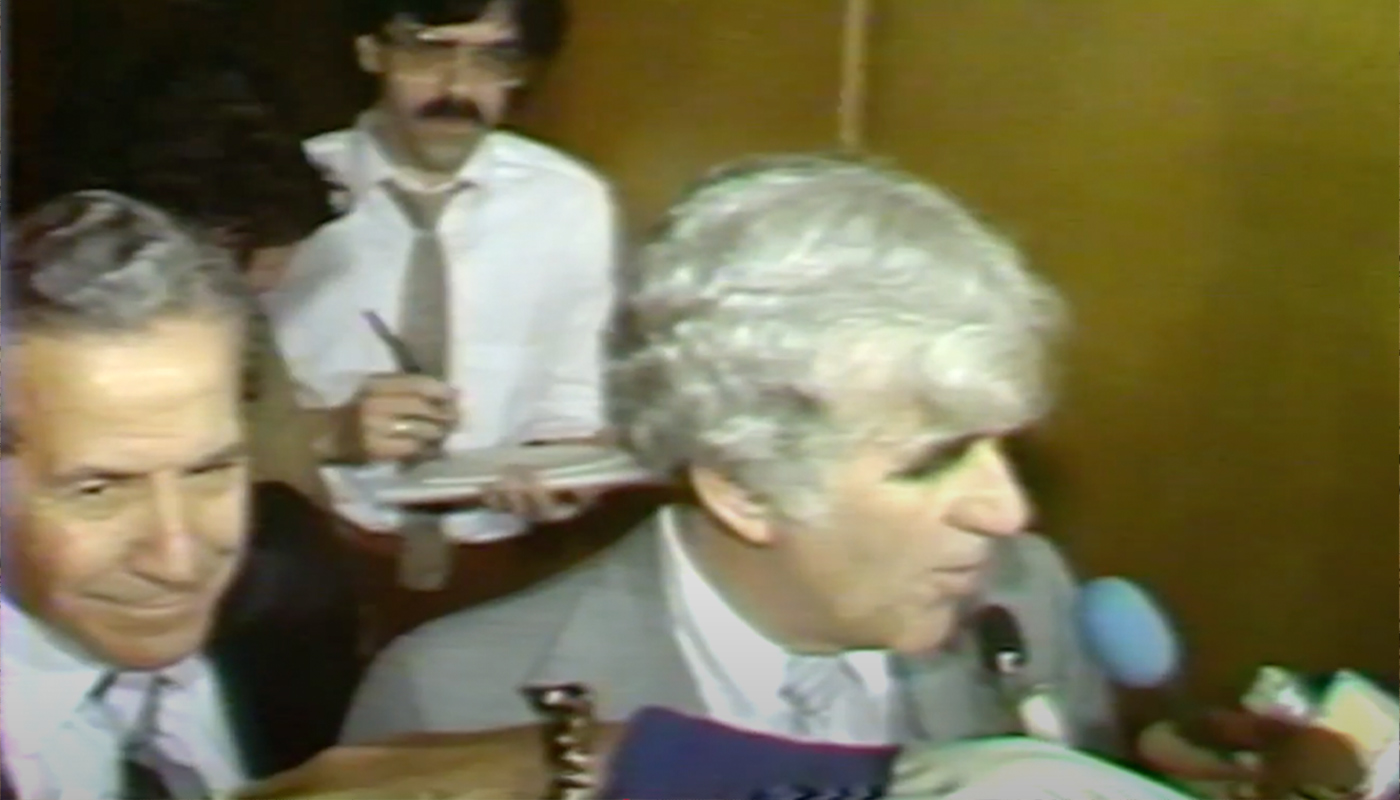
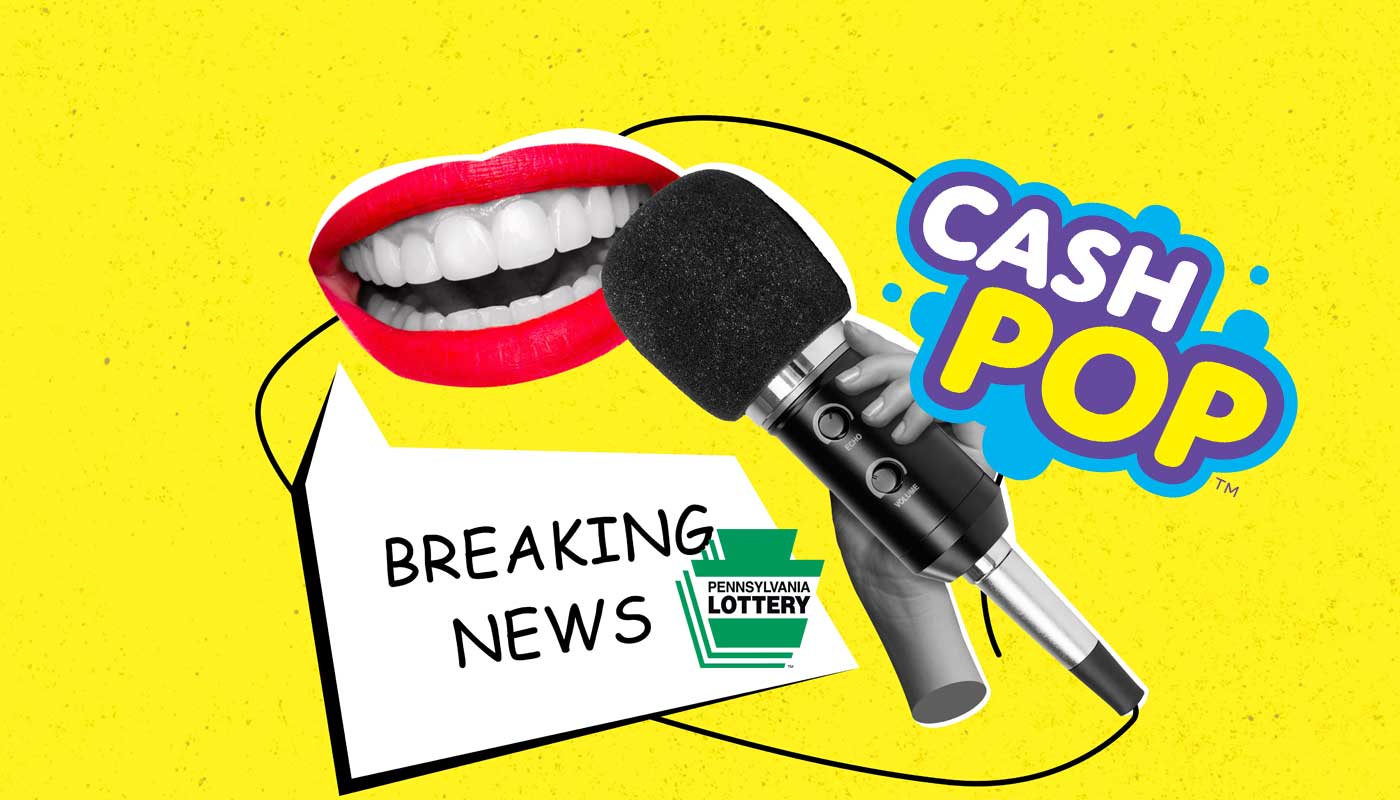



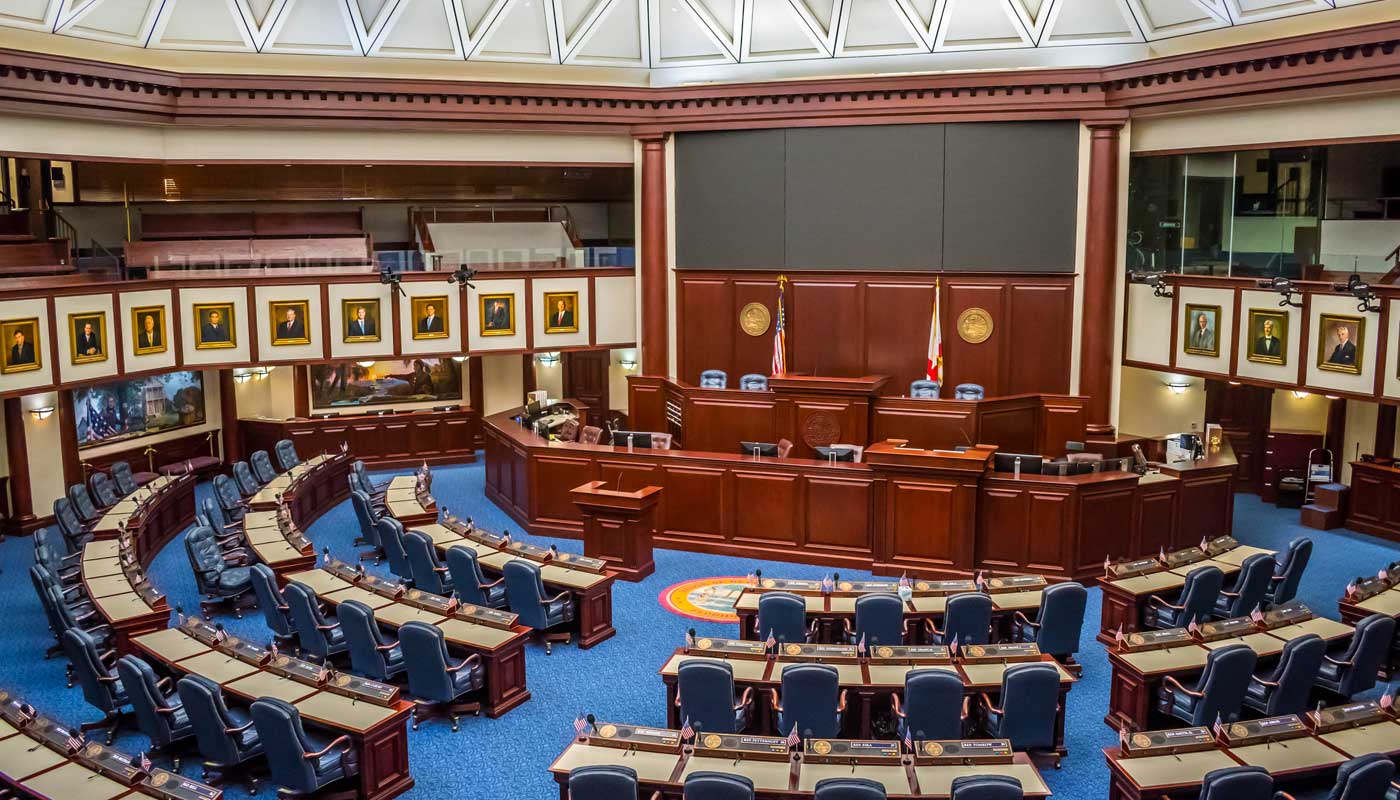

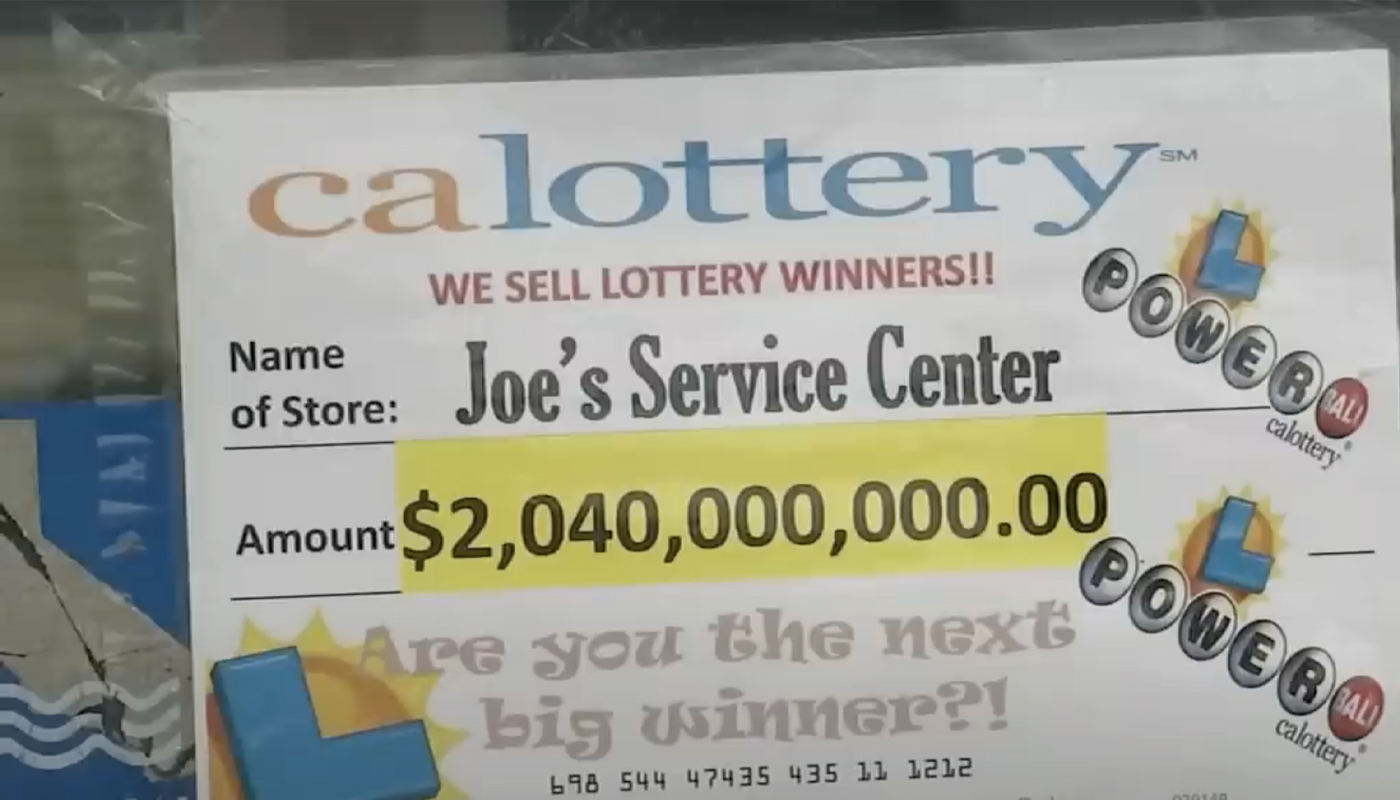
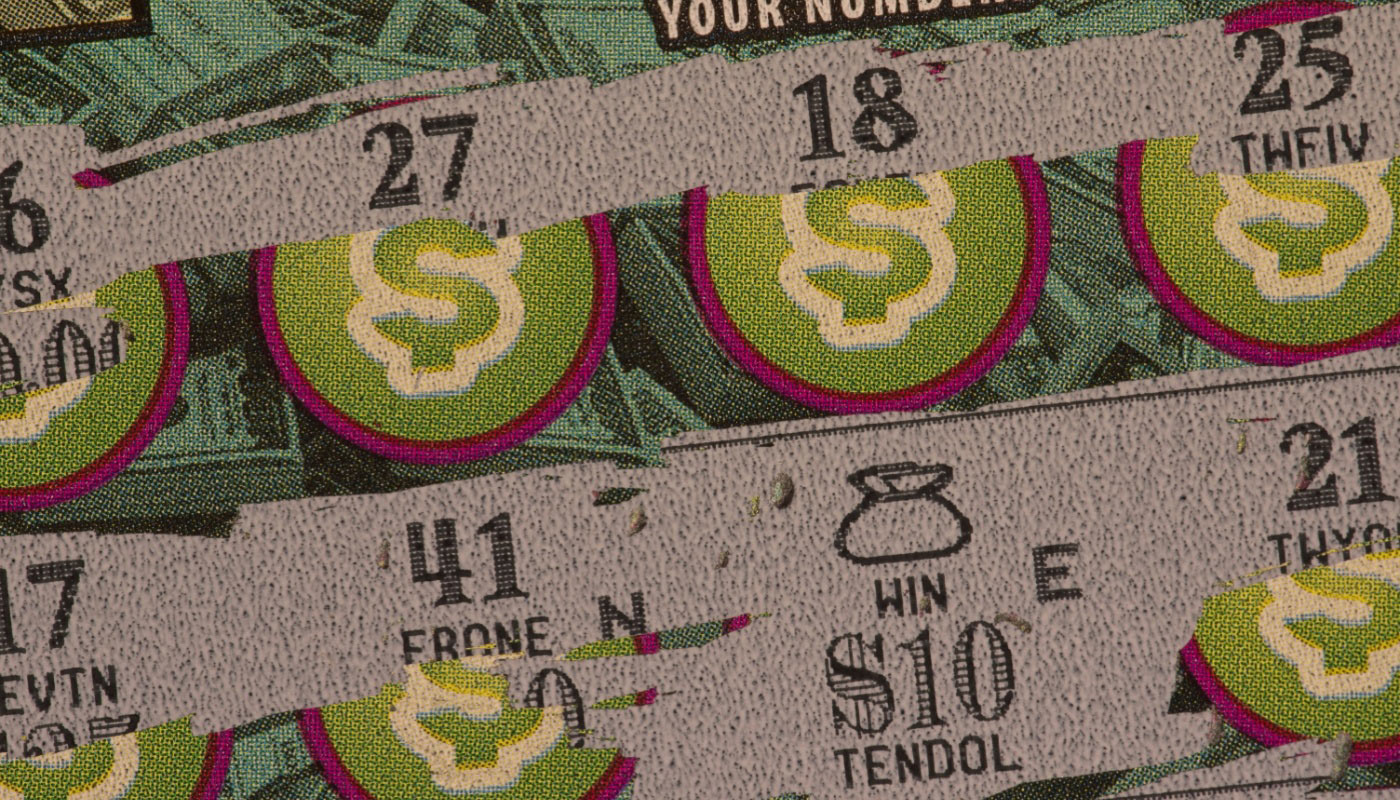

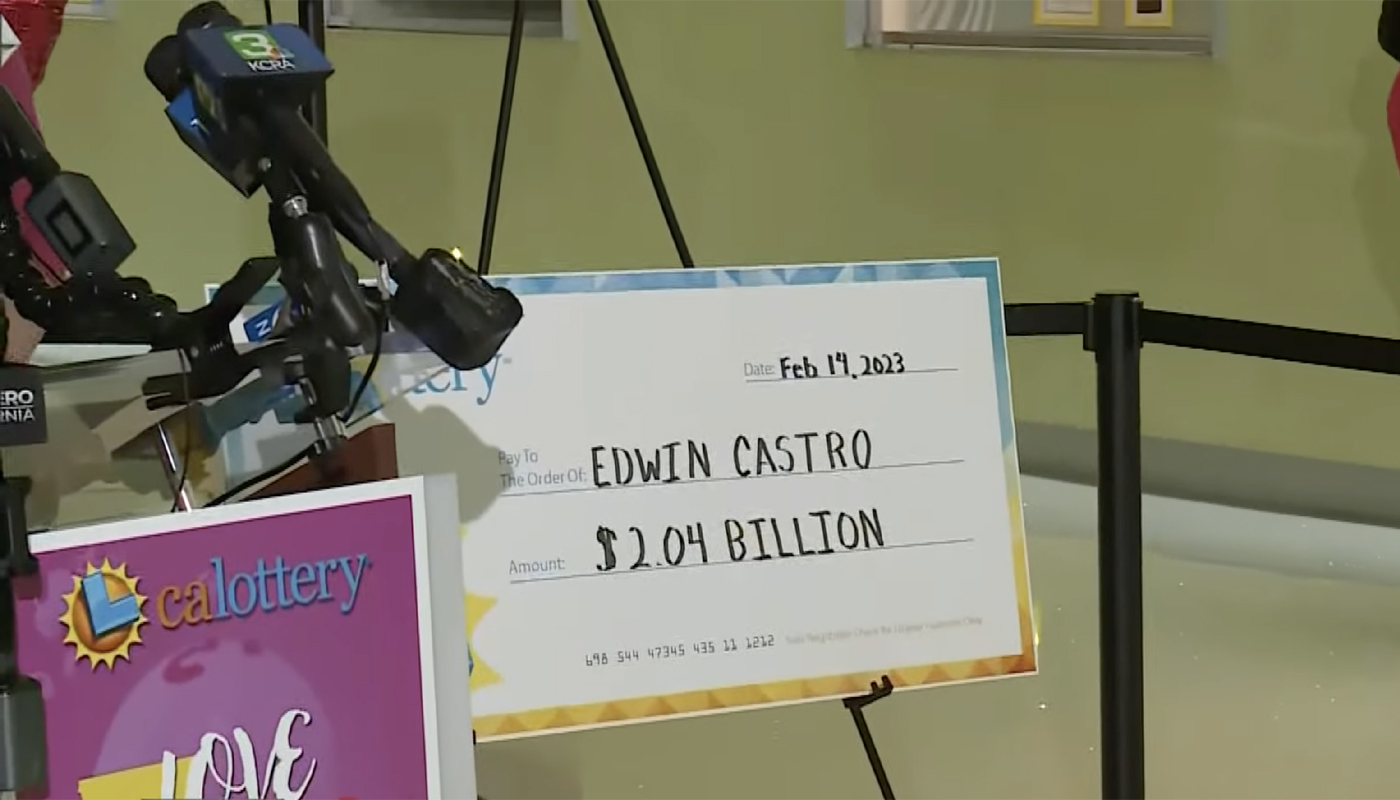









Comments